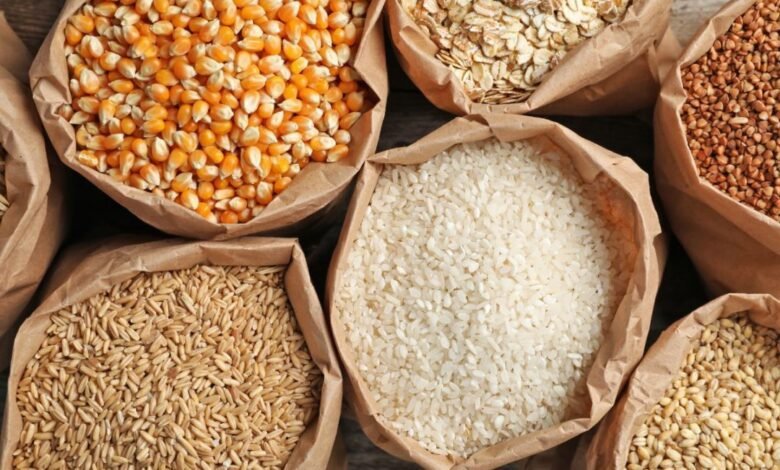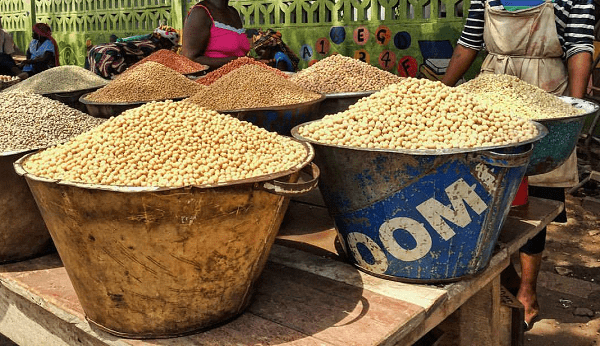Ghana Bans Export Of Grains: A Necessary Measure Amid Drought Concerns

In a move to secure domestic food supplies, the government of Ghana has recently imposed a temporary ban on the export of grains, including maize, rice, and soybeans. This action comes in response to severe near-drought conditions that have plagued the northern regions of the country, significantly disrupting crop production.
The northern part of Ghana, which accounts for about 62% of the nation’s grain supply, has been hit hard by erratic and insufficient rainfall over the past few months. This has led to reduced yields on approximately 1.8 million hectares of farmland, heightening fears of a nationwide food shortage. Crops such as maize, rice, groundnut, soybean, sorghum, millet, and yam have been particularly affected, raising alarms about the availability of essential staples for domestic consumption.
Recognizing the potential for a food crisis, the Ghanaian government acted swiftly to halt grain exports. The Ministry of Agriculture, in conjunction with other governmental bodies, emphasized the importance of ensuring that these vital food resources remain within the country to mitigate the effects of the poor harvest.

By restricting exports, the government aims to stabilize domestic food prices and prevent shortages, ensuring that Ghanaians have adequate access to basic foodstuffs during this challenging period. This is particularly crucial given that the affected regions contribute significantly to the national food supply.
For farmers and exporters, the ban presents economic challenges. Farmers who rely on export markets may experience reduced income, and the broader agricultural sector could face financial strain. However, the government is reportedly seeking to address these challenges through initiatives such as accessing grain reserves from the Economic Community of West African States (ECOWAS) and fostering private sector partnerships to boost food production and distribution.
The situation in Ghana is a stark reminder of the broader climate challenges facing the African continent. With Africa warming at a faster rate than other parts of the world, the continent is increasingly vulnerable to severe weather events, such as droughts, that threaten food security. Ghana’s current predicament underscores the need for robust climate resilience measures across the region.
Also, the government of Ghana is importing substantial quantities of grains. Specifically, the Ministry of Agriculture is facilitating the import of around 250,000 metric tons of maize and 150,000 metric tons of rice to ensure food security. These imports are aimed at filling the gap created by the drought, which has significantly reduced domestic production, particularly in the northern regions.















